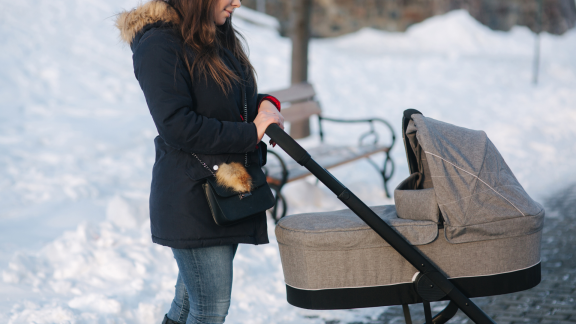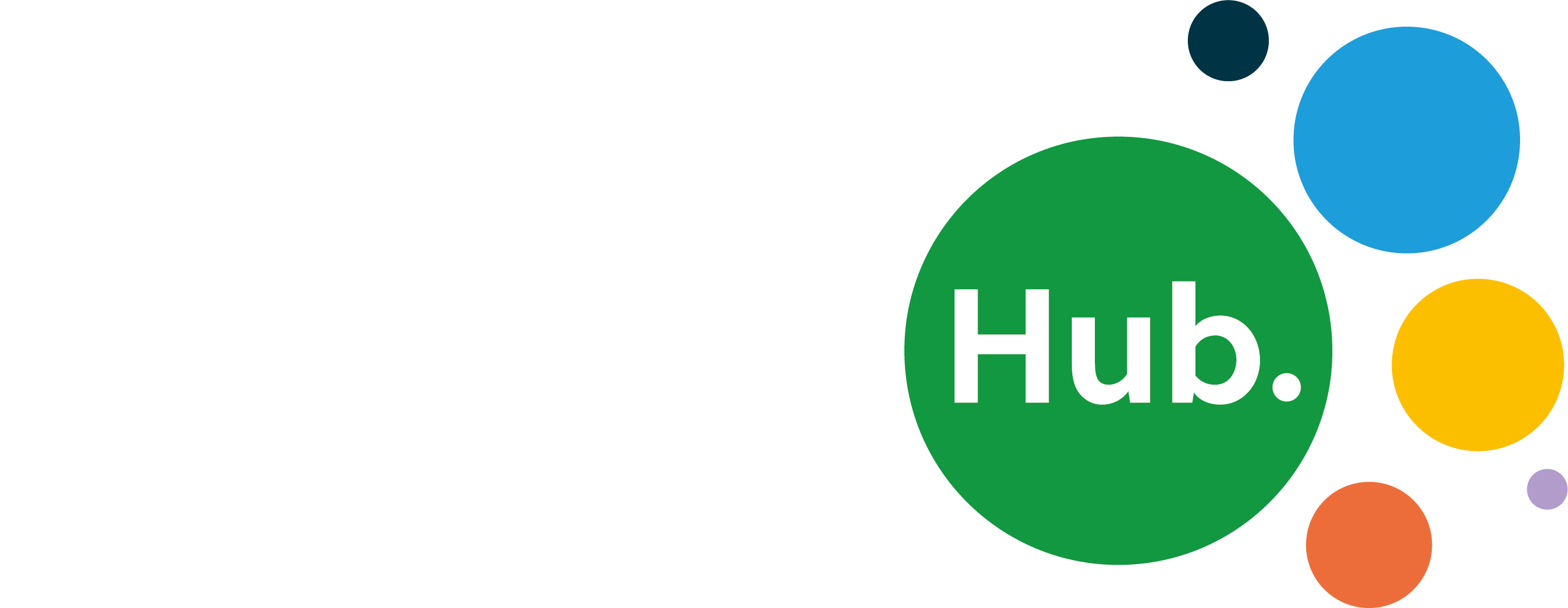Winter Readiness Advice for Families with Babies

Times are really hard at the moment and families are struggling. There is a range of practical support available to support you to feed and keep your baby safe this winter.
Feeding Your Baby in Winter
Make sure you are fed. If you are struggling to feed yourself and your family please speak to your Health Visitor, Midwife, GP, Nursery, or Child and Family Support Service who can help.
If you are breastfeeding your baby:
- Breastfeeding is the most natural way to feed your baby. It is free, requires no equipment, has all that your baby needs and helps protect against winter bugs.
- If you require support with breastfeeding – please contact your Midwife, Health Visitor, or local Child and Family Support Service.
If you are formula-feeding your baby:
- All first-stage milk has the same nutritional value, the cheapest has the same as the most expensive. You don’t have to be brand loyal. Babies don’t need unnecessary milks e.g. follow on, Comfort etc.
- Use the right amount of formula that is shown on the box. Using fewer scoops can be harmful to your baby and could cause long-term health problems.
- You also need to make sure that any bacteria is killed by making up the feed with boiled water that is then allowed to cool. Don’t use cold water or warm water straight from the tap.
- Once the formula is made up bacteria can start to grow after a few hours so don’t skip the sterilising bottles part and throw any remaining milk from the feed away after 2 hours.
- You can sterilise your bottles and teats using cold water if you use the correct sterilising tablets.
If you are unable to afford formula milk to feed your baby (up to 12 months old) please contact the services below who will be able to help you.
How to contact your local Child and Family Support Service:
For families in Allerdale call Family Action on 01900 66946
For families in Carlisle call Family Action on 07815686909
For families in Copeland call Family Action on 01946 64600
You can also find them on Facebook.
Health Visiting
You can find your Health Visitor’s contact details in your baby’s red book. If you would like extra support for infant feeding, email ncm-tr.infantfeedingcumbria@nhs.net
Healthy Start Scheme
The Healthy Start Scheme helps young families and those who are pregnant to access FREE vitamins and money for healthy food and milk. You may be eligible for the Healthy Start card if you receive certain benefits. This prepaid card can be used towards the cost of formula, milk, fruit and vegetables. You apply for the card via phone/email or online. To check if you are eligible go to the Healthy Start website.
Extra Help
If you are struggling to buy food to feed your family and need help, the Cumberland Council website has further information about food banks, household support grants plus more.
Keeping Warm in Winter
- Babies do not need to be wrapped up in thick heavy layers - use thinner layers that are easy to take on and off.
- Babies can’t control their body temperature. You can check if they are too hot or cold by using your hand to touch their back or chest.
- Do not put babies next to a radiator or fire/open fire.
- Use a hat and mittens when outside.
- If you have a baby carrier, this can be a great way for you and your baby to share body heat.
- Remove coats/snowsuits when inside, travelling in a car seat, or on a long bus/train journey.
- Close your curtains/blinds when it gets dark to keep heat in the room.
Home Safety
- Make sure your home has carbon monoxide and smoke detectors.
- If using an open flame heat source make sure your chimney/flue is cleaned and clear.
- Keep candles away from furniture, curtains and children.
- Don’t pour hot water bottles or hot water bottles in the dark (do not use a hot water bottle for children under the age of 4 years).
Find more information and guidance at the Cumbria Fire and Rescue Service website.
Safe Sleep in Winter
It can be tempting to wrap your baby up to keep them warm, but we know that overheating a baby increases the chances of Sudden Infant Death Syndrome.
- Babies are better to be cooler rather than overheated.
- The safest place for a baby to sleep is in their own clear separate space, such as a Moses basket or cot.
- Use layers of thinner blankets or sheets tucked in firmly.
- Babies should have their feet at the bottom of the cot.
- Bed sharing is not recommended but if you choose to, use a baby sleeping bag and don’t add your blankets or other coverings over the baby.
- Make sure your baby can’t get trapped down the side of the bed.
- You should not sleep with your baby on a chair or sofa.
You should not co-sleep if:
- Either partner smokes.
- Either partner has drunk alcohol or taken drugs, prescribed or not.
- Your baby was premature.
For more information go to the Lullaby Trust website.
